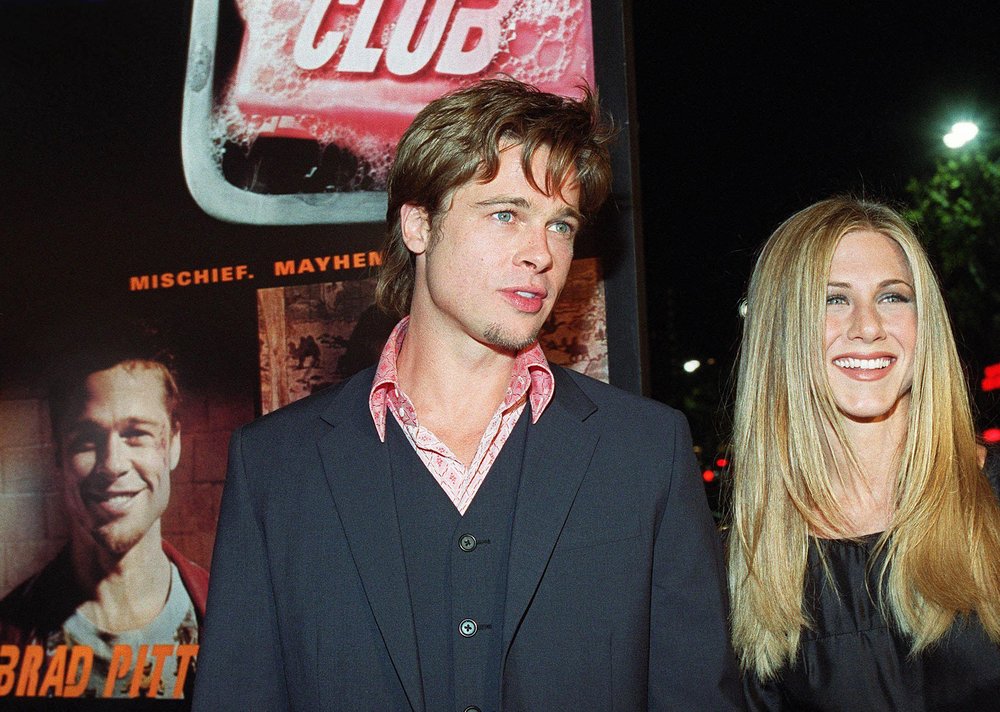Was Y2K era the best for films? A new Metrograph NY series makes the case.
Dec. 17, 2023, 7:01 a.m.
Metrograph on the Lower East Side is celebrating films from the Y2k era all month long.

Was Y2K the best era for movies?
Consider the evidence: “Fight Club,” “Magnolia,” “Office Space,” “Being John Malkovich” and “American Beauty” were all released in 1999.
Those films and a dozen more are screening all month at the Metrograph on the Lower East Side. And according to Inge de Leeuw, Metrograph's director of programming, there's a simple reason as to why this period was chosen.
“I was interested in end of the century films because I think the films that were made during that time were really good,” she said.
De Leeuw also found the allure of Y2K trends in fashion and music intriguing.
“A few months ago I passed a big warehouse having a Y2K clothing sale, and there were lines around the block,” de Leeuw said. “The people in line were younger than 25, so I thought: Maybe it’s nice to show them where this whole aesthetic came from.”
The Y2K era was a time when major studios gave young, untested filmmakers like David Fincher and Paul Thomas Anderson big budgets, according to Brian Raftery, author of “Best. Movie. Year. Ever: How 1999 Blew Up the Big Screen.”
Meanwhile, many legacy filmmakers were at their zeniths. Movies themselves were also at the peak of the pop culture pyramid – attendance peaked in 2002, when more than 1.5 billion movie tickets were sold in the United States.
Raftery recalled the weekend that Stanley Kubrick’s “Eyes Wide Shut” opened in New York City, in the summer of 1999.
“The buildup to that was like a giant sporting event was happening in Manhattan,” Raftery said. “Everyone was like ‘Did you get tickets? Who are you going with? Where are you going after?’”
But Metrograph’s series isn't limited to movies from 1999, or American blockbusters, for that matter. As de Leeuw looked at films from the period, she noticed a common denominator: a mix of anxiety and economic optimism.
“I thought it would be interesting to get films from different parts of the world to show how different ideas of the end of the century, or end of the world, could be,” de Leeuw said.
The cinema has secured a rare 35mm print of “Pola X,” Leos Carax’s adaptation of a Melville novel starring Catherine Deneuve. Another rare print is of Tsai Ming-Liang’s “The Hole,” a dystopian drama about the onset of a mysterious virus in turn-of-the-century Taipei.
Also screening are Pedro Almodovar’s “Talk To Her,” Claire Denis’ “Beau Travail,” and Michael Haneke’s “Funny Games,” among others, many of them projected from 35mm film prints.
“I say this as someone who used to never care,” Raftery said. “But as pretentious as it sounds, the colors look different. Watching an older film print projected on a screen looks so different from the 19 other screens I interact with the rest of my day.”
“See these movies on film and you’re watching in the way it was captured at the time,” Raftery said.
Metrograph’s series “25Y2K” runs through the end of December. Tickets are $17.
He’s 'NYC clout guy' on TikTok. But what’s he chasing in real life? Rockefeller Center gets a new ride, 'The Beam,' honoring an iconic NYC photo 23 fun and affordable things to do in NYC this winter